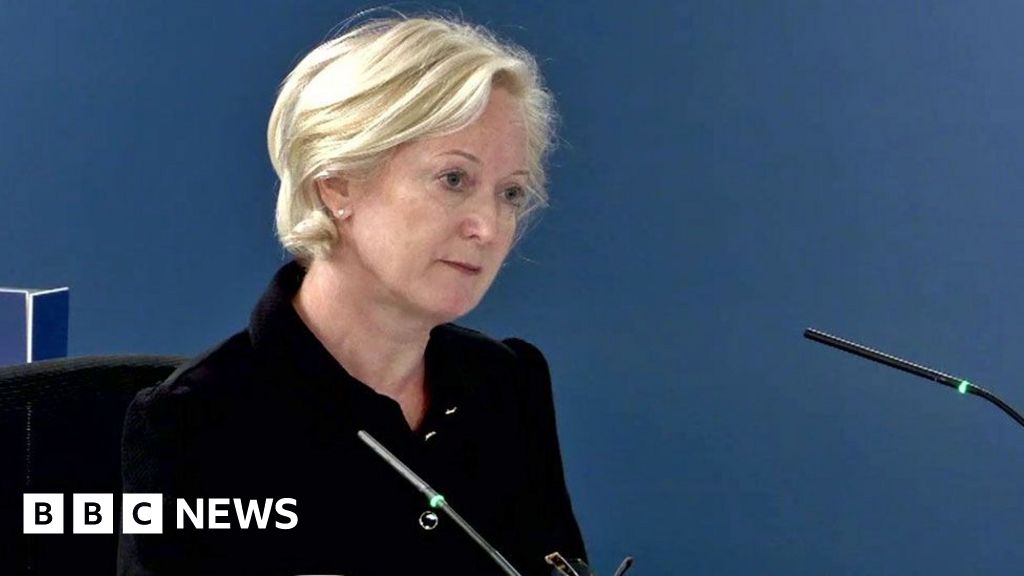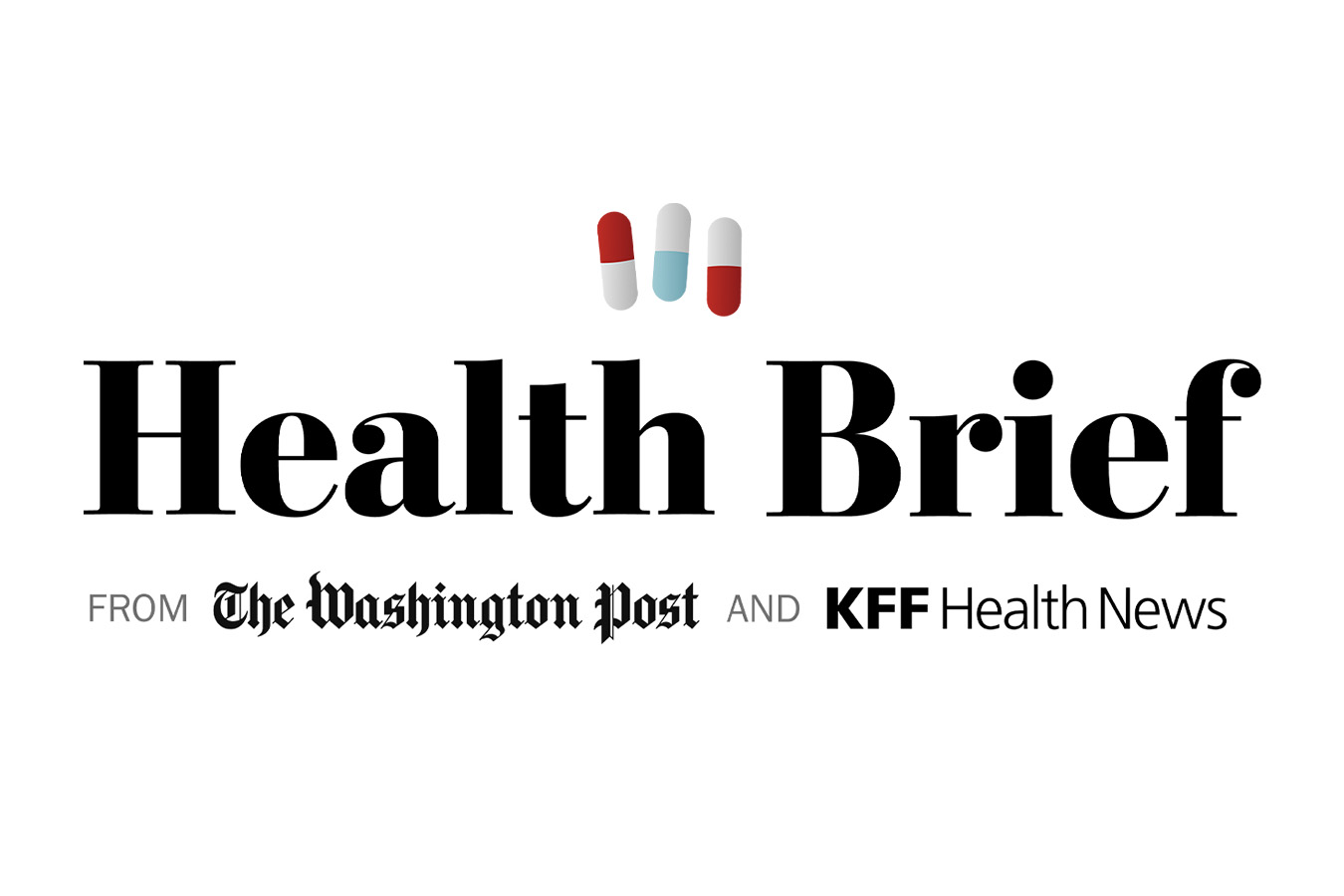During a shortage of the generic platinum chemotherapy drugs cisplatin and carboplatin that began in early 2023, there was no difference in mortality rates among patients with advanced cancer compared to the previous year, and prescription rates for the two drugs fell less than three percent overall — and 15.1 percent at the peak — according to an analysis published this week in the Journal of the National Cancer Institute by researchers from the University of Pennsylvania’s Perelman School of Medicine and Penn Medicine’s Abramson Cancer Center.
Cisplatin and carboplatin — which have been approved for more than 30 years — are widely used to treat a variety of cancers, including lung, head and neck, breast, bladder, ovarian, uterine, and testicular cancers. When the FDA announced a shortage of cisplatin in February 2023, followed by a shortage of carboplatin in April 2023, it drew attention to the ongoing challenge of generic drug shortages, and prompted major national oncology societies to recommend best practices for priority use and alternative medicines.
“At the time, national surveys showed that most cancer centers in the US were reporting shortages of these platinum chemotherapies, but it wasn’t clear how the shortages were actually affecting patients,” said lead author Jacob B. Reibel, MD, a third-year fellow in Hematology-Oncology. “When we looked at the data on prescribing practices over the shortage period, compared to the previous year, we found that although reporting of the shortages was widespread, it didn’t affect as many patients as we had feared.”
Reibel, senior author Ronac Mamtani, MD, section chief of Genitourinary Cancers, and colleagues, analyzed data from 11,797 adults across the U.S. with advanced solid cancers for which platinum chemotherapy is recommended as the first line of therapy and who began treatment during the one-year period before or during the platinum chemotherapy shortage. Because cisplatin and carboplatin were prioritized for patients with curable cancers during the shortage, the researchers expected that patients with advanced cancers would be most affected by drug availability.
From February 2023 through January 2024, there was a 2.7 percent decrease in platinum chemotherapy use compared to the previous year. This translates into 137 fewer patients in this advanced cancer cohort receiving platinum chemotherapy than expected, and the researchers estimate about 1,000 patients affected overall in the US, based on the rates observed in the study. At the peak of the shortage in June 2023, the decrease was 15.1 percent compared to the previous year. With a median follow-up time of 7.6 months after beginning treatment, there was no difference in mortality compared to the previous year.
Alternative therapies help mitigate the crisis, but are not first choice
The researchers hypothesized that the limited impact on mortality was likely due to the use of effective alternative medications recommended by medical societies, such as immune checkpoint inhibitors, targeted therapy or other forms of chemotherapy. The study did not assess the potential drawbacks of alternative medications, including the financial burden of more expensive non-generic alternatives and side effects of different drugs.
“We always want to prioritize the best treatments that we have for patients, and platinum chemotherapies just happen to also be very cost-effective because they’re generic and have been around for decades,” Mamtani said. “While the alternative options may be effective, we want to be able to provide the ‘standard-of-care’ medications to any patient in need. Even one hundred patients who can’t get the preferred chemotherapy for their cancer type due to supply chain issues is far too many.”
The FDA listed the cisplatin shortage as resolved at the end of June 2024 and carboplatin remains on the shortage list, though the research team found prescribing levels have returned to normal.
The study was funded by the National Institutes of Health (T32CA009679).



